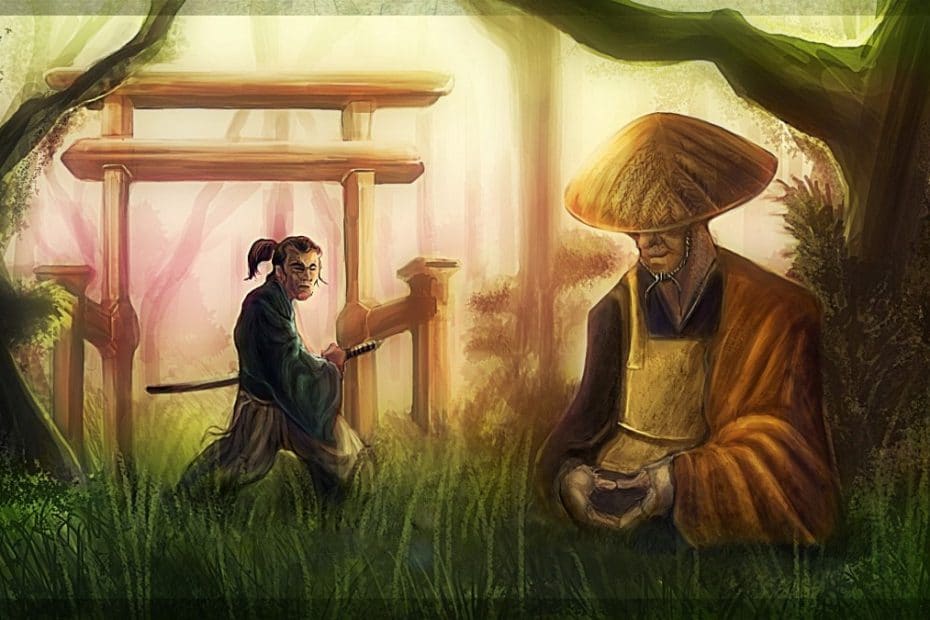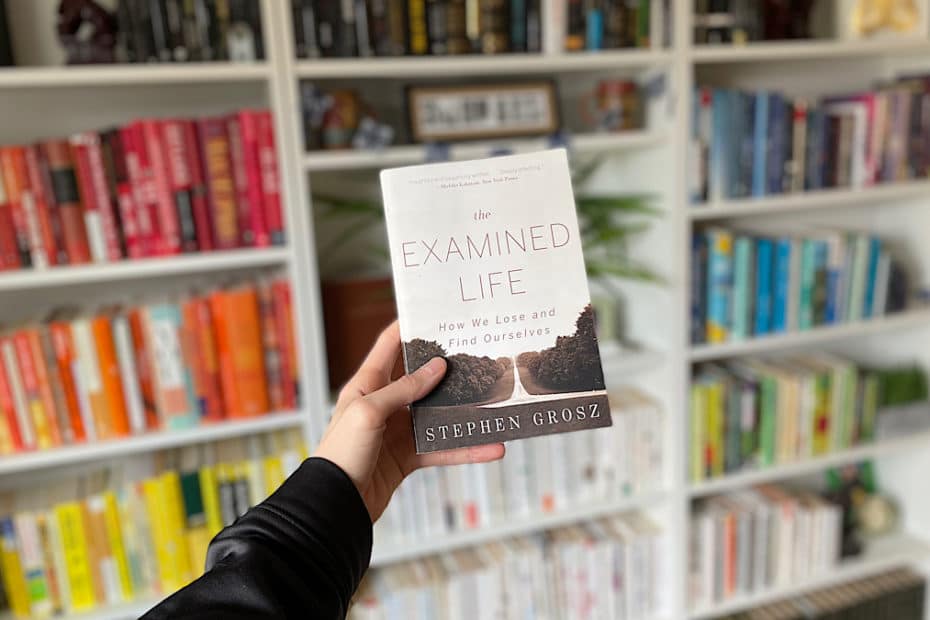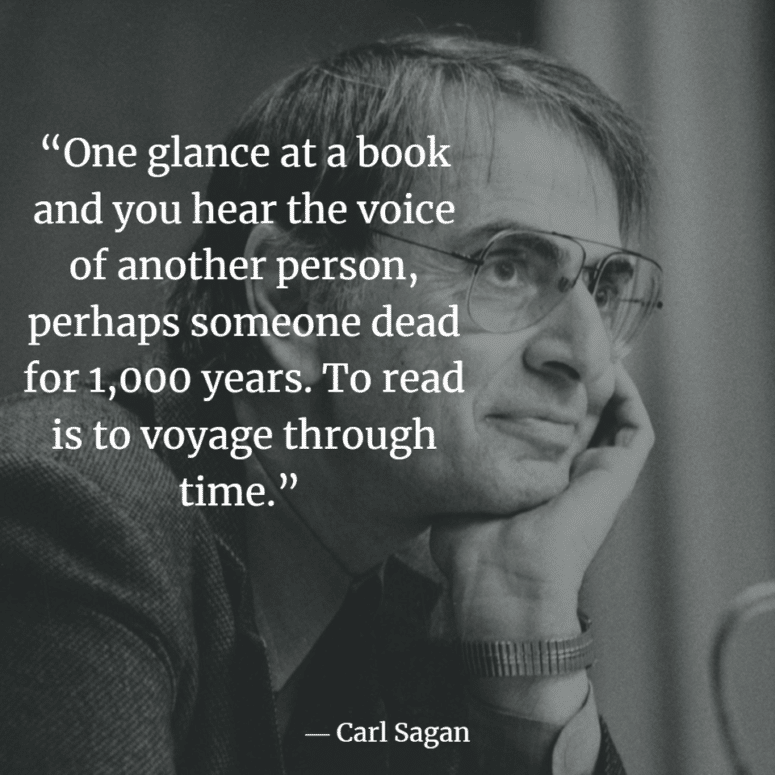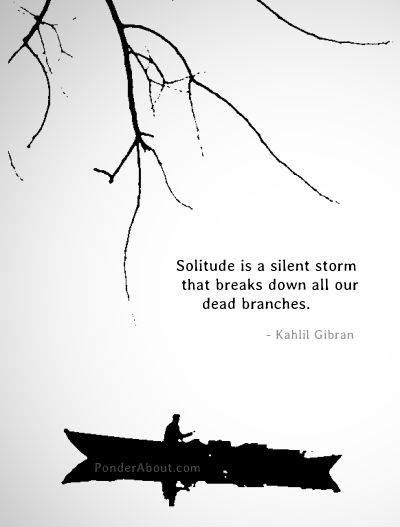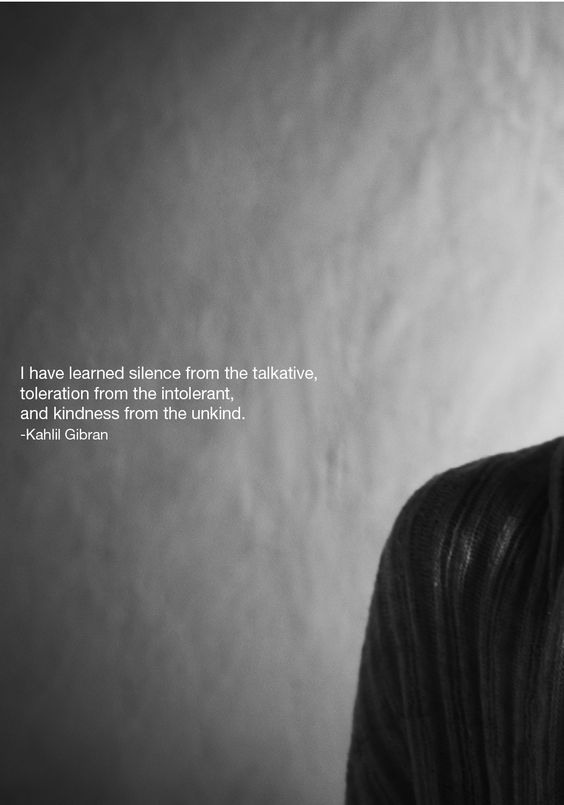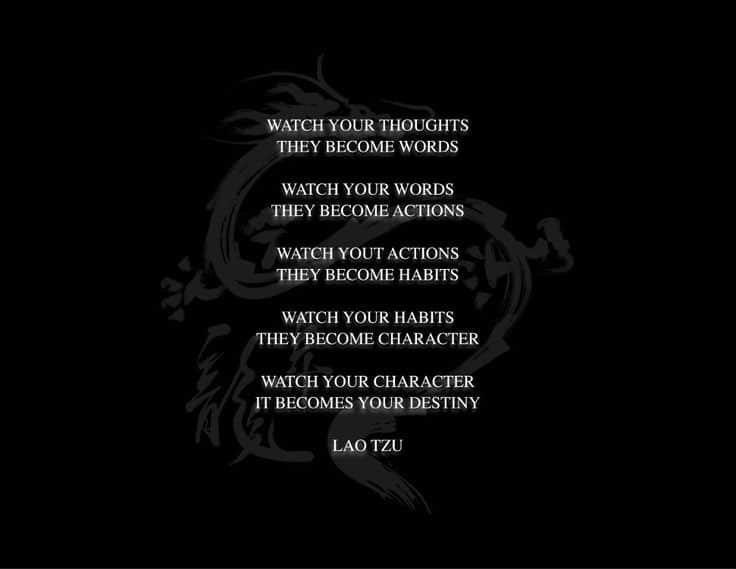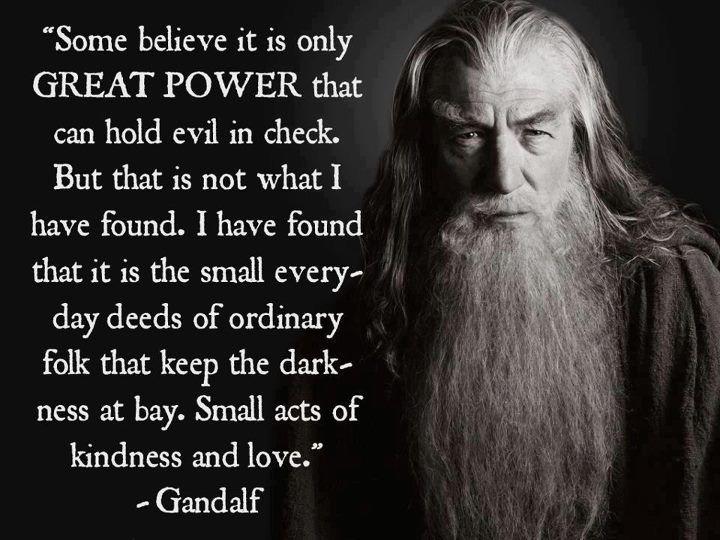“A human being is a part of the whole, called by us the ‘universe,’ a part limited in time and space. He experiences himself, his thoughts and feelings, as something separated from the rest—a kind of optical delusion of his consciousness. This delusion is a kind of prison for us, restricting us to our personal desires and to affection for a few persons nearest to us. Our task must be to free ourselves from this prison by widening our circle of compassion to embrace all living creatures and the whole of nature in its beauty.”
Albert Einstein, via Sunbeams (Page 60)
Archives
“We ourselves feel that what we are doing is just a drop in the ocean. But if that drop was not in the ocean, I think the ocean would be less because of that missing drop. I do not agree with the big way of doing things. To us what matters is the individual. To get to love the person we must come in close contact with him. If we wait till we get the numbers, then we will be lost in the numbers. And we will never be able to show that love and respect for the person. I believe in person to person; every person is Christ for me, and since there is only one Jesus, that person is the one person in the world at that moment.”
Mother Teresa, via Sunbeams (Page 60)
“Don Juan assured me that in order to accomplish the feat of making myself miserable I had to work in a most intense fashion, and that it was absurd. I had now realized I could work just the same in making myself complete and strong. ‘The trick is in what one emphasizes,’ he said. ‘We either make ourselves miserable, or we make ourselves strong. The amount of work is the same.'”
Carlos Casaneda, Journey To Ixtlan, via Sunbeams (Page 60) (Read Matt’s Blog On This Quote)
“You want to be loved because you do not love; but the moment you love, it is finished, you are no longer inquiring whether or not somebody loves you.”
J. Krishnamurit, via Sunbeams (Page 60)
“The fact that you can think, the fact that you can read this book, the fact that you are able to reason in and out of situations—all of this is what gives you the ability to improve your circumstances and become better. It’s important to appreciate this ability, because it’s a genuine ability. Not everyone is so lucky. Seriously—what you take for granted, others wouldn’t even think to dream of.”
Ryan Holiday, The Daily Stoic (Page 86)
A Young Samurai Asked A Zen Master About Heaven And Hell—Here’s What He Said…
Excerpt: The master snapped his head up in disgust and said, “Teach YOU about heaven and hell?! … You ignorant fool!” …The old man went on and on…
Read More »A Young Samurai Asked A Zen Master About Heaven And Hell—Here’s What He Said…
“Actualization of self cannot be sought as a goal in its own right… Rather, it seems to be a by-product of active commitment of one’s talents to some cause, outside the self, such as the quest for beauty, truth, or justice.”
Sidney M. Jourard, via Sunbeams (Page 59) (Read Matt’s Blog On This Quote)
“Were you to live three thousand years, or even a countless multiple of that, keep in mind that no one ever loses a life other than the one they are living, and no one ever lives a life other than the one they are losing. The longest and the shortest life, then, amount to the same, for the present moment lasts the same for all and is all anyone possesses. No one can lose either the past or the future, for how can someone be deprived of what’s not theirs?”
Marcus Aurelius, Meditations, via The Daily Stoic (Page 85)
10 Stephen Grosz Quotes From The Examined Life on Pain, Change, and Loss
Excerpt: Stephen Grosz has been a psychoanalyst for 25+ years. These quotes from The Examined Life give you access to 50,000+ hours of his distilled insight.
Read More »10 Stephen Grosz Quotes From The Examined Life on Pain, Change, and Loss
“Self-deception, delusions of grandeur—these aren’t just annoying personality traits. Ego is more than just off-putting and obnoxious. Instead, it’s the sworn enemy of our ability to learn and grow.”
Ryan Holiday, The Daily Stoic (Page 84)
“Go with the pain, let it take you… Open your palms and your body to the pain. It comes in waves like a tide, and you must be open as a vessel lying on the beach, letting it fill you up and then, retreating, leaving you empty and clear… With a deep breath—it has to be as deep as the pain—one reaches a kind of inner freedom from pain, as though the pain were not yours but your body’s. The spirit lays the body on the alter.”
Anne Morrow Lindbergh, War Within And Without, via Sunbeams (Page 57)
“I remembered one morning when I discovered a cocoon in the bark of a tree, just as the butterfly was making a hole in its case and preparing to come out. I waited a while, but it was too long appearing and I was impatient. I bent over it and breathed on it to warm it. I warmed it as quickly as I could and the miracle began to happen before my eyes, faster than life. The case opened, the butterfly started slowly crawling out, and I shall never forget my horror when I saw how its wings were folded back and crumpled; the wretched butterfly tried with its whole trembling body to unfold them. Bending over it, I tried to help it with my breath. In vain. It needed to be hatched out patiently and the unfolding of the wings needed to be a gradual process in the sun. Now it was too late. My breath had forced the butterfly to appear, all crumpled, before its time. It struggled desperately and, a few seconds later, died in the palm of my hand. That little body is, I do believe, the greatest weight I have on my conscience. For I realize today that it is a mortal sin to violate the greatest laws of nature. We should not hurry, we should not be impatient, but we should confidently obey the eternal rhythm.”
Nikos Kazantzakis, Zorba The Greek, via Sunbeams (Page 57) (Read Matt’s Blog On This Quote)
“Part of the reason we fight against the things that happen is that we’re so focused on our plan that we forget that there might be a bigger plan we don’t know about. Is it not the case that plenty of times something we thought was a disaster turned out to be, with the passage of time, a lucky break? We also forget that we’re not the only people who matter and that our loss might be someone else’s gain.”
Ryan Holiday, The Daily Stoic (Page 83)
“[Closure] is the false hope that we can deaden our living grief.”
Stephen Grosz, The Examined Life (Page 210)
“My experience is that closure is an extraordinarily compelling fantasy of mourning. It is the fiction that we can love, lose, suffer and then do something to permanently end our sorrow. We want to believe we can reach closure because grief can surprise and disorder us—even years after our loss.”
Stephen Grosz, The Examined Life (Page 209)
